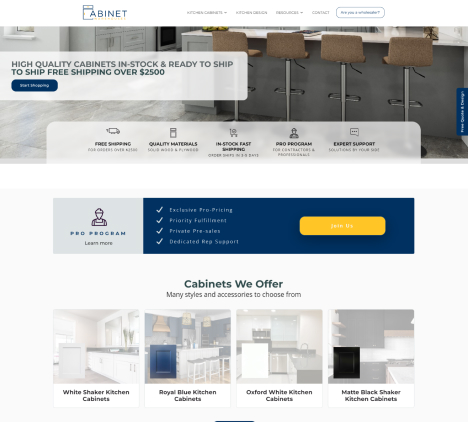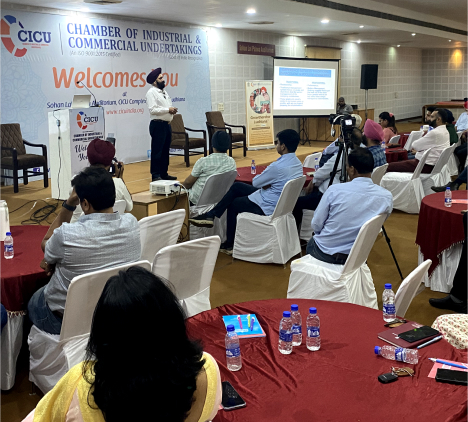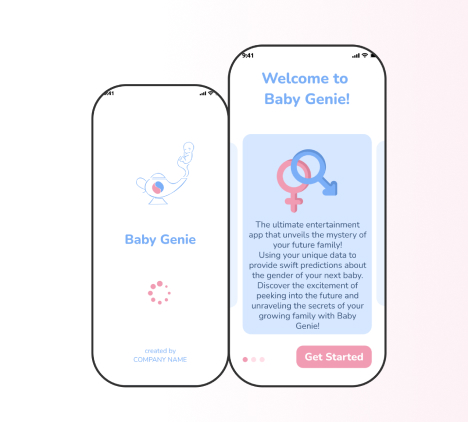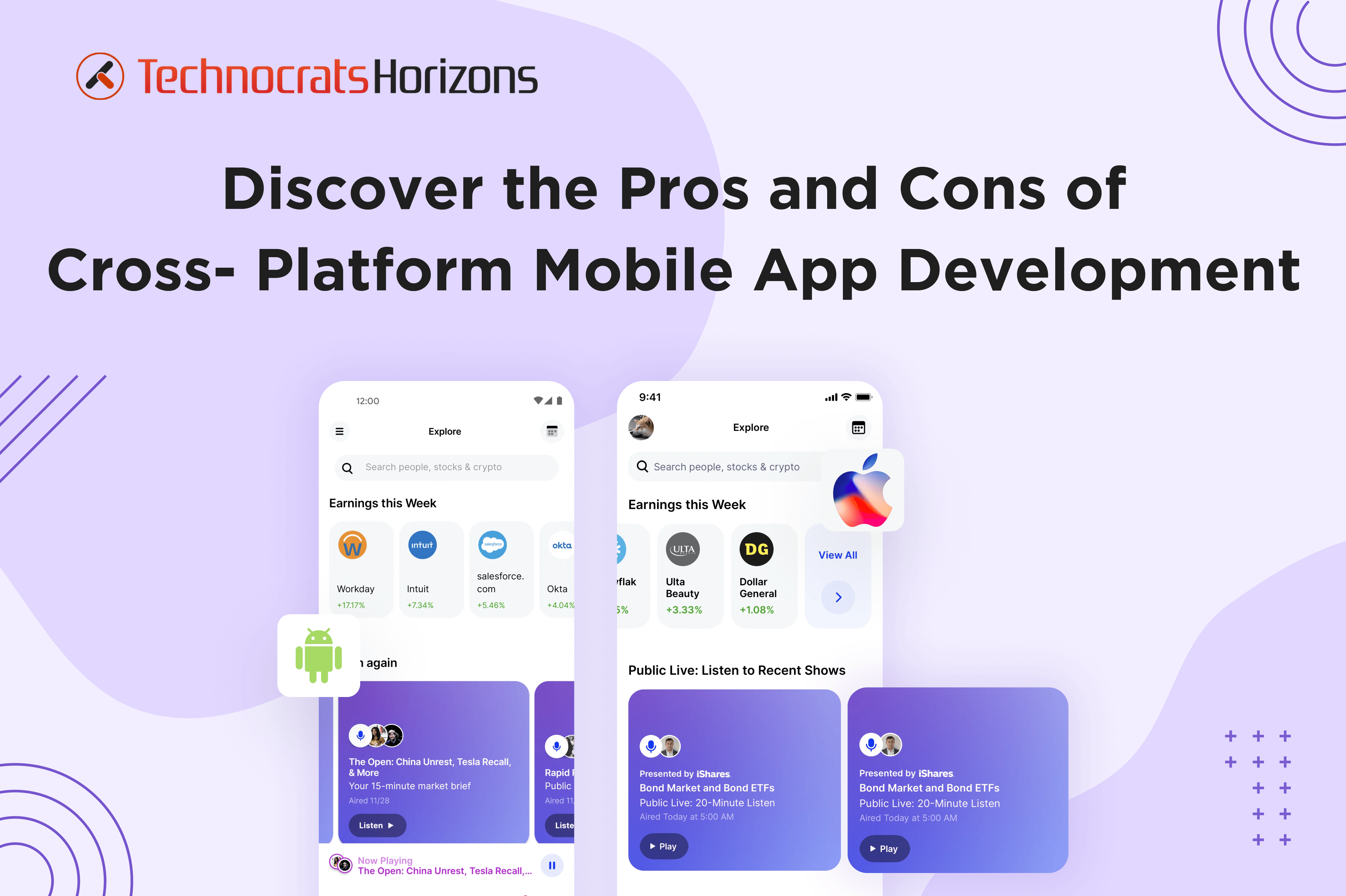Picture this: You’ve come up with a brilliant idea for a mobile app that’s going to take the world by storm. You can already see the downloads skyrocketing and the rave reviews pouring in. But then reality hits: you realize that you need to develop this app for multiple platforms – iOS, Android, maybe even Windows. Suddenly, your dream project feels like a daunting task.
Enter cross-platform mobile app development, the hero of the hour. This technology allows developers to create an app that can be used on multiple operating systems, saving time and money. But is it the silver bullet that will solve all your problems?
Like most things in life, cross-platform development comes with its own set of pros and cons. On the one hand, it can be a game-changer for small teams or startups that need to develop an app quickly and on a budget. On the other hand, cross-platform development has its limitations.
So, how do you decide if building cross platform mobile app development is the right choice for your business? This blog post will shed light on the biggest positives and negatives of cross-platform app development so that you can make a better choice.
What is Cross-Platform App Development?
Many businesses are facing similar dilemmas nowadays, and that is building an app for multiple platforms specifically Android and iOS. As a result, cross-platform app development solutions have become one of the most well-liked trends in software development.
In the last quarter of 2022, there were 3.55 million mobile apps available on the Google Play Store and 1.6 million apps on the App Store, with iOS and Android now making up 99% of the global market for mobile operating systems.
To put it simply, cross-platform software can function on a variety of operating systems, including Android, iOS, Windows, Blackberry, etc. The apps developed using this framework just need to be coded once to lay the groundwork for them to function as effectively across all platforms. Almost all of the major mobile app development service providers swear by it, making it one of the most well-liked app development frameworks today.
Pros of Cross-Platform Mobile App Development
1. Wide Market Reach
Cross-platform application development has several advantages, including expanded market reach and exposure. The developer can boost the app’s visibility by using cross-platform without spending a lot of time or effort. The Cross-platform framework’s greater interoperability with a variety of systems and platforms, including Android, web, and iOS, makes it a popular option among developers and is the reason behind its wide reach.
2. Faster Development
The majority of web developers prefer Cross-platform mobile development since it enables them to expand their services because of faster development time. It can turn out to be a quicker and simpler process for in-house developers who don’t have much experience in building apps because cross-platform mobile app development doesn’t require a deep understanding of many technologies.
It needs developers to write only a single set of code which speeds up the deployment and modification process. A shorter development cycle leads to a quicker time to market. This is significant in the cut-throat mobile development market.
3. Lower Costs
Building cross-platform mobile apps automatically becomes more cost-effective because they only require a single codebase. Unfortunately, the price of the app rises along with the number of customizations. By purchasing cross-platform apps, you can save time, resources, and money by paying for an app that can be easily maintained by all platforms.
Reusing the codebase reduces the time and effort needed for app development, which is another cost-cutting benefit of cross-platform software. Cross-platform development is still one of the least expensive methods of researching and testing a market.
4. Maintains Quality
Cross-platform mobile app development frameworks are designed to accommodate particular platform quirks, such as how each System handles user input. You don’t need to worry about remembering these specifics while using a cross-platform framework because they’ve already been taken care of. As a result, you can create better code and avoid the typical traps of each platform.
Cross-platform code takes care of platform-specific idiosyncrasies for you, therefore, your app will function properly regardless of the OS it is running on. This frees up more time for you to focus on your app’s overall user experience and visual appeal. While developing an app, a cross-platform framework gives you access to several libraries that have been tried out and improved.
5. Reusable Code Base
When weighing the benefits and drawbacks of cross-platform, you should think about how much code you can reuse from prior projects. Whether you are creating a new app or improving an old one, the cross-platform framework is your best option. Especially, if you’re developing a new application from scratch based on an existing one, using a cross-platform solution can be very advantageous.
There are various techniques to reuse cross-platform code. One approach reusing code that was originally built for a specific platform in later projects. For instance, the iOS code may be used to create an Android app. You can build apps that run simultaneously across various mobile platforms by using cross-platform libraries.
6. Ideal for Prototyping
Test your business ideas by building a cross-platform app as an MVP. It is a terrific opportunity for startup entrepreneurs to avoid risks while still evaluating the profitability of their business ideas.
This technique will cost you less than native app development and will help you reach 98% of mobile consumers.
Cross-platform development is also useful for idea prototypes and investor presentations.
You can gather user inputs, evaluate the data, or present your unique concept to investors on their mobile devices with a cross-platform strategy that is more cost-effective than ever.
7. Brand Consistency
Maintaining a consistent look and feel for your brand and app is crucial for you especially if you’re building an app for both iOS and Android.
With cross-platform mobile apps, you can generate a consistent brand image and consumer experience faster and more conveniently. Due to platform changes, each operating system’s navigation will vary, but overall interaction and brand perception will be consistent and foreseeable.
You can uphold higher brand consistency and image in your customers’ minds by choosing cross-platform app development.
Cons of Cross-platform Mobile App Development
While cross-platform app development is growing in popularity in the business world due to its advantages, it also has significant limits. Yet, a well-designed cross-platform app will make the differences seem negligible. The following are a few cons of cross-platform app development.
1. Performance Issues
Cross-platform development serves two masters. As a result, you’ll experience various problems depending on the OS and even the device. You will never be able to fully utilize the potential of the latest smartphones as you have to make sure your app functions on the earlier or less potent versions.
There will be some problems that are unfixable performance hiccups that only affect a small portion of the user base. For instance, on smaller or older devices, a button can be partially seen but the same issue will not apply on the bigger devices.
To function properly, cross-platform needs a committed QA team with sharp problem-solving abilities.
2. Problems with Native Feature Integration and Customization
Cross-platform app development frameworks usually do not support some crucial device features, such as device local configuration capabilities integration, hardware functionality, and internal storage access. The situation is made worse by the lack of access to the majority of native device features, which limits customization options and the majority of digital product operations. Some widely used frameworks might not have this issue, so choose your framework carefully.
3. Inept UI and UX Designs
Native apps are the only ones with captivating animated features, 3D effects, and a magnificent combination of graphics enhanced with hardware features. Most cross-platform apps can’t make use of all the built-in features offered by mobile devices, which results in a poor user experience.
The truth is that each device has unique characteristics, making it impossible to provide the same functionality with a single, universal code. Therefore developers streamline functions to ensure that screen layouts and images are consistent across all devices.
4. Insufficient Tools in the Framework
You should choose cross-platform app development only if you are certain that your development framework will allow you to integrate the functionalities you need in your app.
There might not be enough tools for app customization in cross-platform app development. Ruby on Rails, Java, and TypeScript are the three programming languages considered to be the best for cross-development but they are not faultless.
So, how do you handle that? Hiring dedicated engineers with cross-platform experience is always a good idea. They are more knowledgeable and can select a development platform that is compatible with your desired features.
5. Lower Performance Due to Hard Code Design
In this era, time is the most valuable asset. Statistics show that 1 in 5 consumers will decide to stop using an app if it is too slow. So, it is certain that you will lose up to 48% of customers if your app is operating very slowly.
The code of a cross-platform app is a little more complex than that of a native app. It slows down the speed of the entire app, which is a crucial negative factor.
6. Maintenance Challenges
Over time, It could be challenging to maintain your app if you decide to build it using a cross-platform framework. You must choose how to update the code to make it compatible with the most recent operating system. This could be challenging for many reasons. For instance, each time there’s an Android or iOS update, your code will need to be updated. You should also consider how long it will take for these upgrades to show up on specific devices.
7. Design Discrepancies between Platforms
There may be a discrepancy in the two platforms’ designs. Another issue you can experience is that various platforms and operating systems’ user interfaces and user experiences differ in some ways (for example, Windows has a Start button, but macOS has no analog). There are unique design constraints on various platforms’ user interfaces and also some inherent limitations that create design discrepancies among different platforms.
Conclusion
Cross-platform mobile app development can be a great choice for many app aspirants. It can save time and money, and make the development process more streamlined. However, it’s important to consider the limitations and potential drawbacks and weigh them against your project’s specific needs and goals. Ultimately, the choice between cross-platform or any other development platform will depend on the unique requirements of your app and the resources you have.
If you want to build a popular cross-platform mobile app but are unsure of where to begin, then Technocrats Horizons is your best choice. We are a leading mobile app development company with 11 years of expertise in this Thanks to our skilled team’s in-depth knowledge and expertise in custom mobile app development services, we can have your app up and running on platforms of your choice. Get in touch with us to turn your vision into reality.









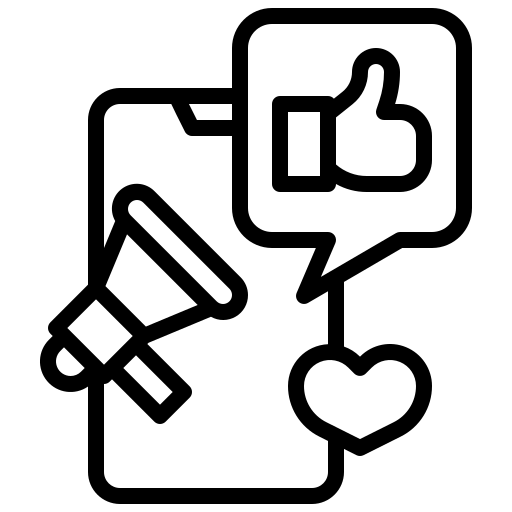












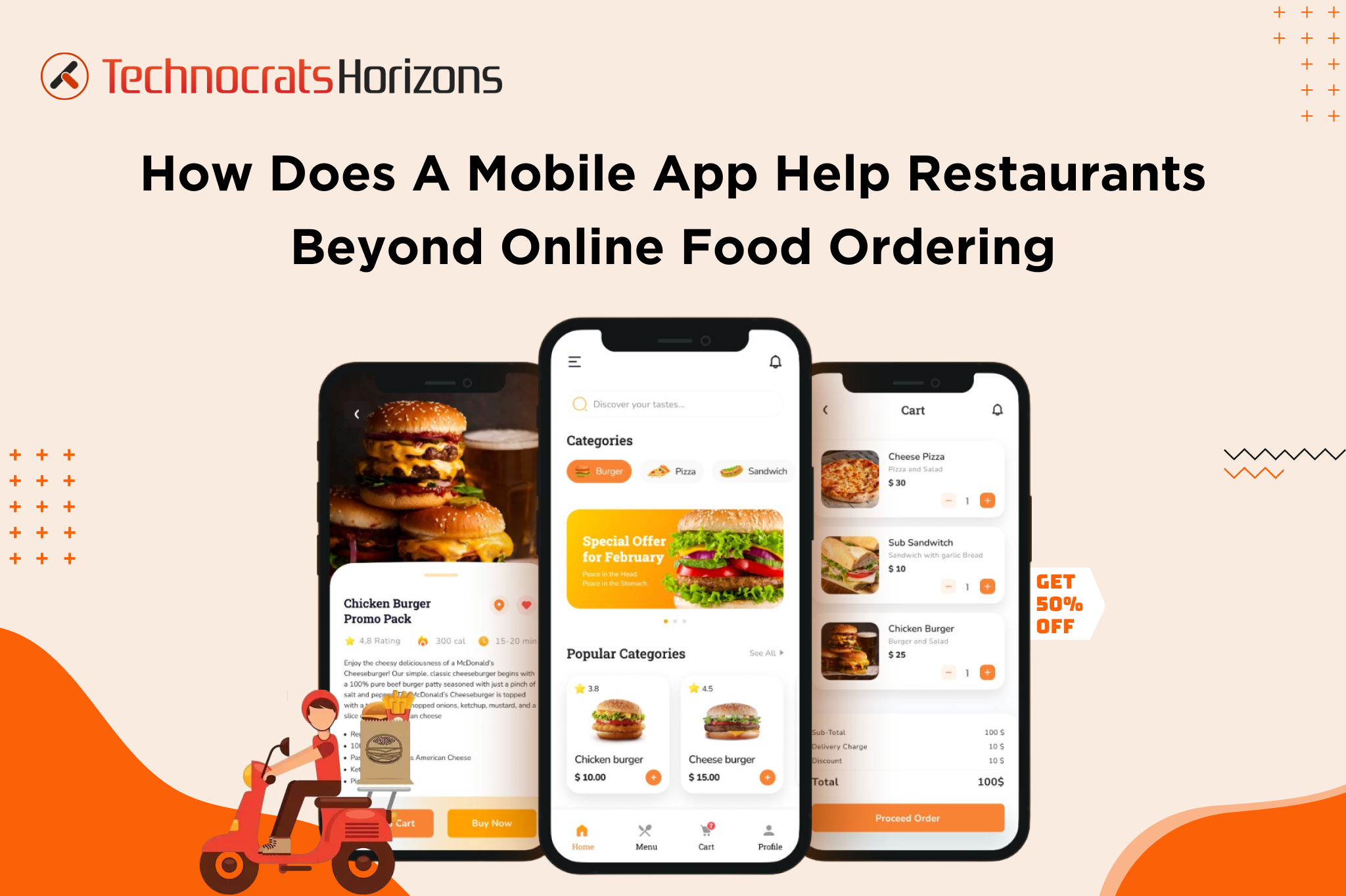


 Request a
Request a











